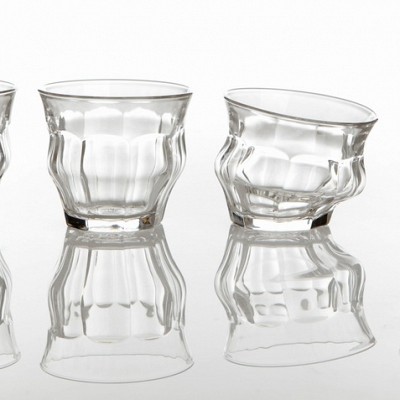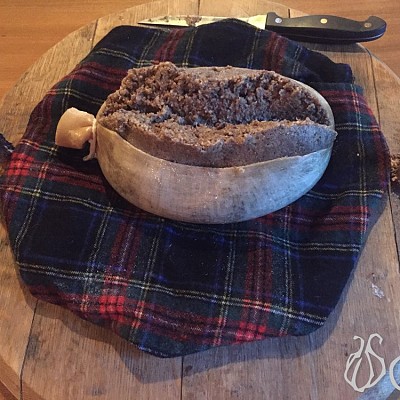A name is a word that helps identify a specific person, place, or thing. Essentially, names help set things apart from one another. When it comes to just about any field or topic, names are essential for this very reason.
In the field of alcohol and liquors, names are especially important. What you call a specific liquor helps give you an idea of its characteristics. Much like in any other context, liquor names are intricately tied up to their identities. As such, being able to call a liquor its proper name is something you have to do to help you better understand the nature of that drink.
All this talk about names may sound silly when talking about alcohol, but there is a point to this. For example, when you talk about Glen Scotia single malt scotch whisky, you're essentially talking about a scotch. To a lot of people, a scotch is just another whisky. However, those more familiar with their liquor will know what makes a scotch so special.
So, with that in mind, what's with Scotch? Why isn't it just another fancy name for a whisky? Well, keep on reading to find out!
What's In A Name?
To the uninitiated, a whisky is essentially a brown liquor. However, those more familiar with their drinks know that there are different whiskies that one can choose from. Among the different varieties, Scotch would be one of them.
Scotch happens to be a very unique variety of whisky because of where it comes from. You see, for a whisky to be called a scotch, it has to come from Scotland. If it's not, it's not scotch. But, of course, there's also more to the drink than where it's made. Scotch is also unique for how the drink is made. More specifically, this drink is made in such a way that it is exclusive only in Scotland.
So, with that in mind, what makes a scotch whiskey a scotch?
The Heritage
For starters, scotch whisky is called so because of the heritage that comes along with it. Even the name "whisky" comes from Gaelic–a Celtic language spoken in Scotland. More specifically, whisky is a derivative of the Gaelic phrase "uisge beatha", which means water of life.
So, for the word whisky to come from a Scottish word, you can already tell that there's something innately Scottish tied up to the drink, even more so when that drink is Scotch.
The Method
Aside from the Scottish origins of the word whisky and Scotch being synonymous with Scotland, there are other characteristics of Scotch that make it uniquely Scottish. How Scotch is made is another thing that makes it unique compared to other whiskies.
For example, when it comes to aging, whisky is placed in charred white oak barrels. However, with Scotch, distillers age them in oak casts that were once used to age other liquors.
Another example of how Scotch differs from whiskey would be the grains used to make them. Whereas whisky is typically made from grains like barley or wheat, Scotch is made exclusively out of malted barley, wheat, or rye. This means that distillers soak their grains in water–a process known as malting–to help prepare the starches for fermentation.
The Uniqueness
One more quality that makes Scotch very special would be its uniqueness. You might think that it's only unique because it comes from Scotland. This is true. However, the uniqueness of the Scotch goes even beyond that.
While Scotch comes exclusively from Scotland, there are still some variations in its making. This is because there are still several different distillers in the country. With each distiller comes a different style, influenced by the respective region's location and history.
A perfect example of this would be the whiskies in Campbeltown. Known as the world's whiskey capital at some point in the past, the Scotch made here had characteristics that set it apart from the other whisky-producing regions of Scotland. Things like having a saline hint to their taste or flavor notes ranging from fruity to sweet toffee gave their whiskies a characteristic that set them apart from the other regions.
Conclusion
Names are essential for a reason. They're intimately tied up to the object they're associated with, so much so that the name essentially identifies the object. With a name, you can just as quickly think of the object it's pertaining to.
With something like whisky, knowing the name of the variety of interest is just as crucial as associating it with the appropriate characteristics. Scotch, for example, is more than just a name for Scottish whiskies. It's also tied together with the country's rich whisky heritage and the unique Scottish characteristics that go into that whisky.
So, before you call Scotch just another whisky, think about what that name stands for and why Scotch is called a scotch in the first place.






































